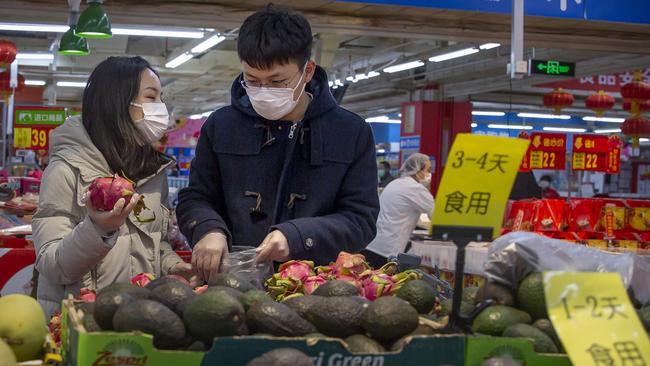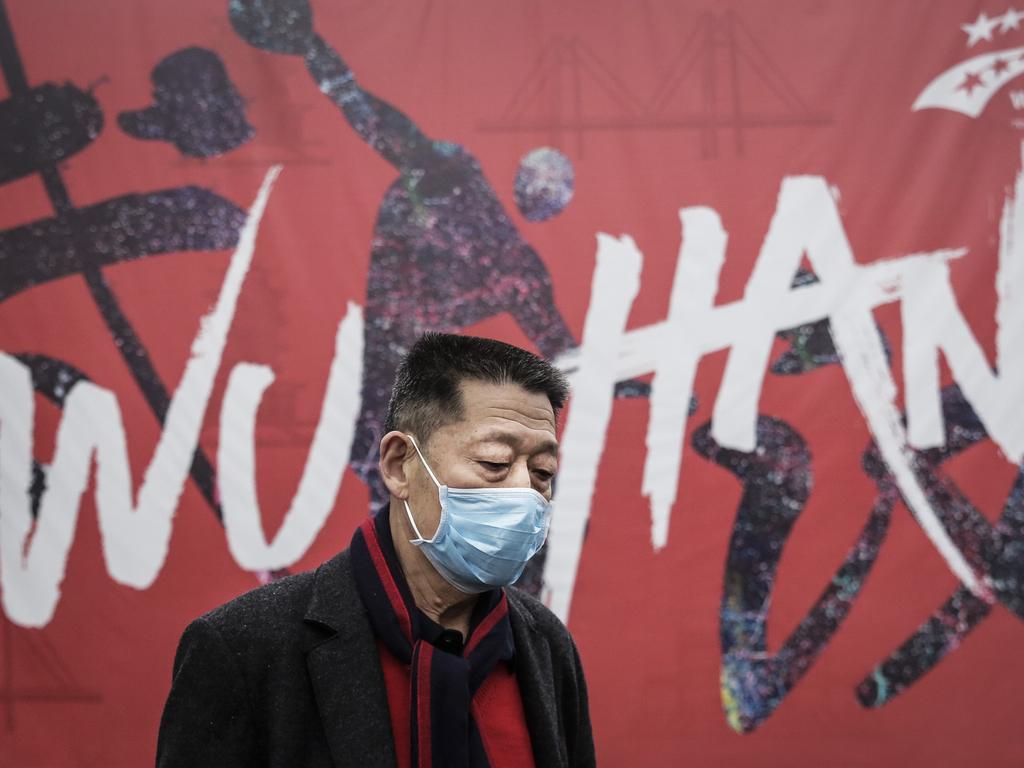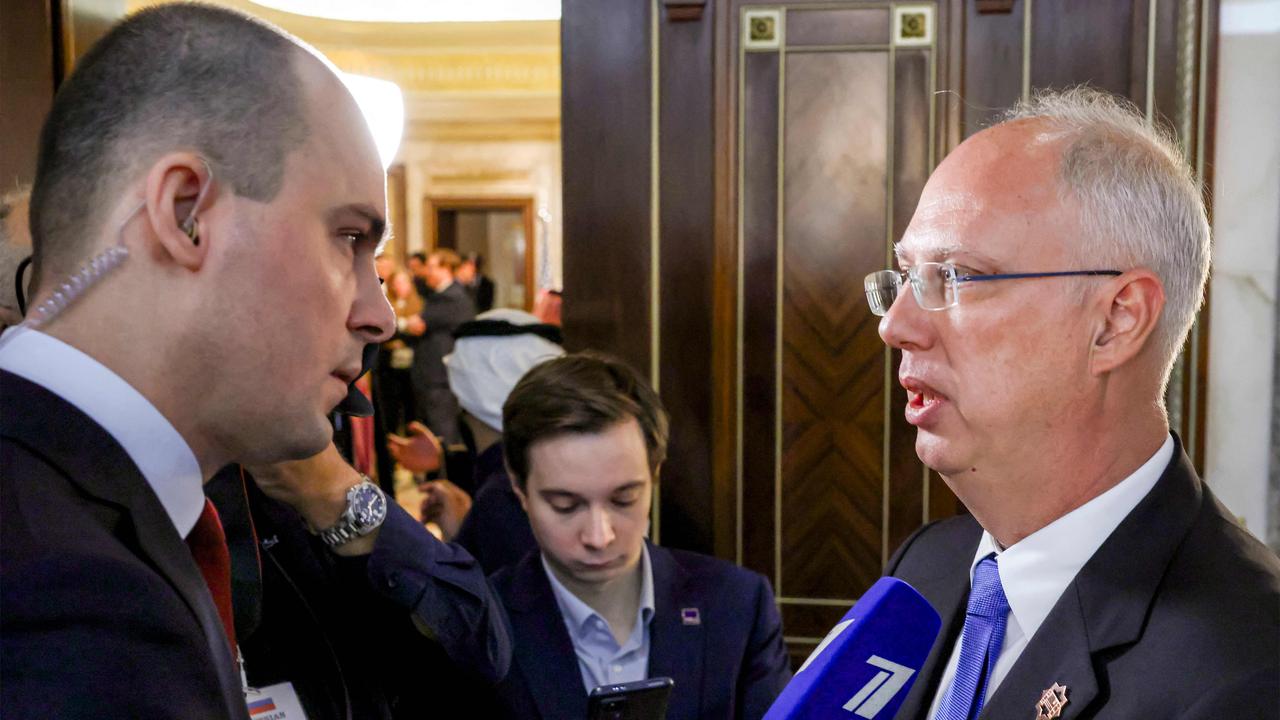A New Year trip to China had seemed like such a good idea
Three text messages made me wonder whether I had been sensible to take a holiday in China.

The three text messages from the apartment’s management company made me wonder whether I had been sensible to take a holiday in China.
Residents of the compound who had been away for Chinese New Year would not be allowed to return to their homes, the first text said.
The second added that barricades were being built and anyone hoping to get in would have to show identity papers. The third, signed by the manager, said: “I have been to buy frozen dumplings and instant noodles, in case of emergency.”
Outside the compound gates, grocery stores were open and still well-stocked. But the message that this was a crisis that everyone was expected to take seriously was unavoidable.
At the one entrance the village bao’an, its local security and administrative enforcers, had set up a table where they were taking names and selling face masks. With half a dozen officials and residents gathered there passing around biros, I observed that if there were a major outbreak in the village, this would be its ground zero.
My wife and I tiptoed apprehensively through the gates to find the world outside looking remarkably normal. The north of China is always cold, still and bleak at this time of year.
We were determined to revisit old haunts. We lived in Beijing with our family from 2003 to 2009, and the new year had seemed an unmissable opportunity to catch up with old friends, see how the place had changed and enjoy the festivities.
My years covering the country had been ones of huge excitement. The economic explosion after China’s 1990s industrial reforms and 2001 accession to the World Trade Organisation had brought with it extraordinary and fascinating changes to the lives of one billion Chinese people.
The Communist Party was trying, and sometimes failing, to keep a lid on the forces that economic growth, internal migration and the internet were bringing to bear on its command-and-control mechanisms.
There was no better example of the weakening of the party’s grip in January 2003 than the Sars epidemic.
The authorities tried to deny rumours of this new disease, but it turned out that doctors who grew up during the Cultural Revolution and trained during the Tiananmen Square era had less fear of the party than their predecessors, and less inclination to lie for it.
Our stories told themselves. The humiliation was remembered deep within the bowels of the central authorities, and the result can be seen everywhere in its response to the new coronavirus outbreak.
Every restriction on transport imposed in 2003 has been doubled. The Chinese system of bureaucratic control can have an impressive mobilisational effect. It is also less efficient than it looks. There is no room for nuance. It does, however, provide widespread reassurance. This is partly my excuse for sticking to my holiday plans.
There are still no cases reported here in the compound, and a Chinese version of the Dunkirk spirit has taken over, with foreign and local residents offering each other cheery support. And we have the landlord’s dumplings and noodles to fall back on, just in case.
(Richard Spencer is Middle East Correspondent of The Times)
The Times





To join the conversation, please log in. Don't have an account? Register
Join the conversation, you are commenting as Logout